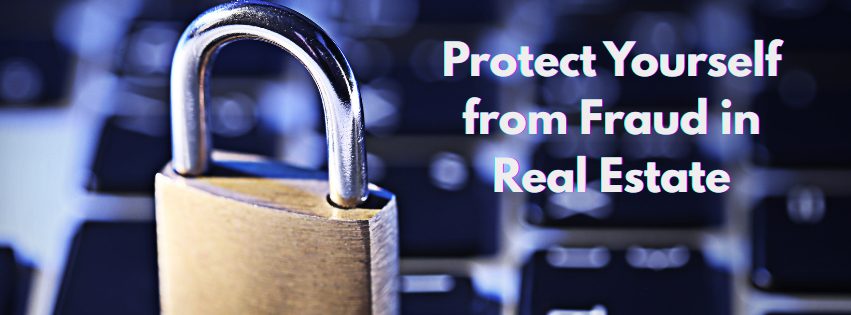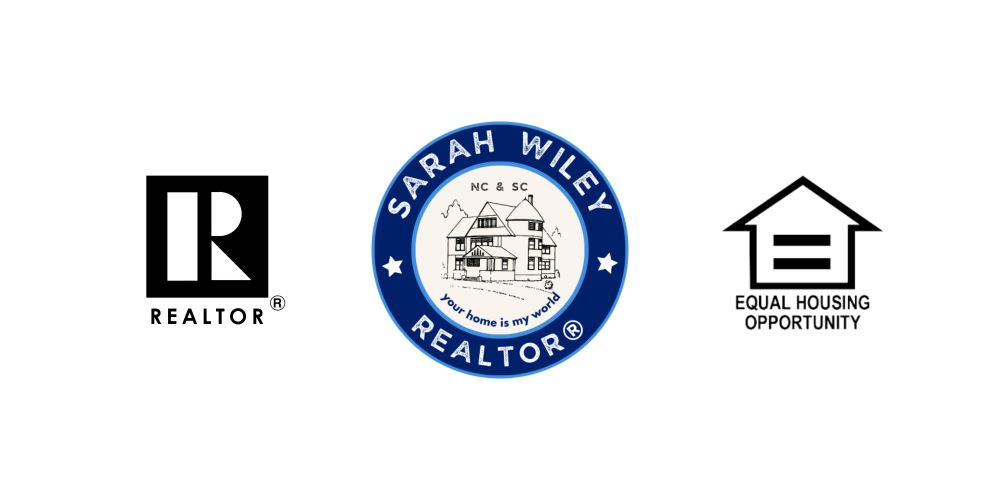Fraud has always been around, but in today’s digital world it’s more sophisticated than ever. Criminals are constantly coming up with new ways to trick people out of their money, and real estate transactions, because they involve large sums of money and sensitive personal information, are an especially big target.
As a homebuyer or seller, it’s important to stay alert. Let’s look at some of the most common scams happening today, both in real estate and in everyday life, and then talk about what you can do to protect yourself.
Common Types of Fraud in Real Estate
1. Wire Fraud
This is the most widespread scam in real estate today. Criminals hack into email accounts of agents, attorneys, or title companies, then send fake wiring instructions to buyers. The buyer thinks they’re wiring their closing funds to the right place when, in fact, they’ve just sent their life savings to a criminal.
How to avoid it:
-
Always verify wiring instructions in person or over the phone with a known number (not one listed in an email).
-
Never send money based only on emailed instructions.
-
Attorneys and title companies will rarely change wiring instructions at the last minute, if they do, it’s a red flag.
2. Fake Rental Listings
Scammers will copy legitimate listings and post them as rentals on popular websites. They’ll ask for deposits or rent upfront before a victim realizes the home was never available.
How to avoid it:
-
Never send money without seeing a property in person.
-
Verify ownership through county records or ask to speak directly with the property manager.
-
Be suspicious of prices and properties that seem “too good to be true.”
3. Vacant Land / Fake Lot Sales
This newer scam is becoming more common. Criminals find vacant land or lots that are often owned by out-of-state or elderly owners and list them for sale, pretending to be the rightful owner. Because the property is empty, neighbors may not notice unusual activity, and by the time the fraud is uncovered, the fake seller has already walked away with the buyer’s money.
How to avoid it:
-
Buyers and agents should confirm seller identities with government-issued ID and cross-check with tax records.
-
Watch for “sellers” who only want to communicate by email or refuse to meet in person.
-
Be suspicious if the seller pushes for a quick cash closing or lists the property well below market value.
4. Phishing & Identity Theft
In a real estate transaction, you’ll be asked to provide sensitive personal and financial information. Scammers may send fake links or attachments that steal your information.
How to avoid it:
-
Don’t click suspicious links or open unexpected attachments.
-
Use secure portals whenever possible instead of sending documents by email.
-
Make sure websites you use are secure (look for “https” in the URL).
5. Foreclosure Rescue Scams
Homeowners in financial distress are especially vulnerable. Fraudsters promise to “help save your home” but actually charge high fees or even trick owners into signing over their deeds.
How to avoid it:
-
Only work with HUD-approved housing counselors if you’re facing foreclosure.
-
Be wary of anyone asking for upfront fees.
-
Don’t sign anything you don’t fully understand.
Fraud Outside of Real Estate
Real estate isn’t the only area where fraud is growing. Some scams you may encounter include:
-
Phone scams where someone pretends to be from the IRS, Social Security, or even your bank.
-
Online shopping scams with fake websites or sellers who disappear after payment.
-
Investment scams promising high returns with little risk.
The tactics are different, but the goal is the same: to separate you from your money.
How to Protect Yourself
Here are a few universal safety tips to help protect your finances and personal information:
-
Slow down. Scammers rely on pressure and urgency. If something feels rushed, that’s a warning sign.
-
Verify directly. Use trusted phone numbers and websites, not the ones provided in a suspicious message.
-
Trust your instincts. If something doesn’t feel right, pause and double-check.
-
Use strong security. Enable two-factor authentication on email and financial accounts.
-
Educate yourself. Talk with your real estate professional about safe practices during your transaction.
Final Thoughts
Real estate is one of the biggest financial transactions most people will ever make, which is why it’s so attractive to scammers and thieves. Staying vigilant, verifying information, and working with trusted professionals are your best lines of defense.
As your agent, my job goes beyond helping you find or sell a home. I’m also here to help you navigate the process safely and with peace of mind. If you ever receive an email, phone call, or message that feels “off,” don’t hesitate to reach out. A quick double-check could save you thousands of dollars. —>> sarah.wiley@cbcarverpressley.com

 Facebook
Facebook
 X
X
 Pinterest
Pinterest
 Copy Link
Copy Link

